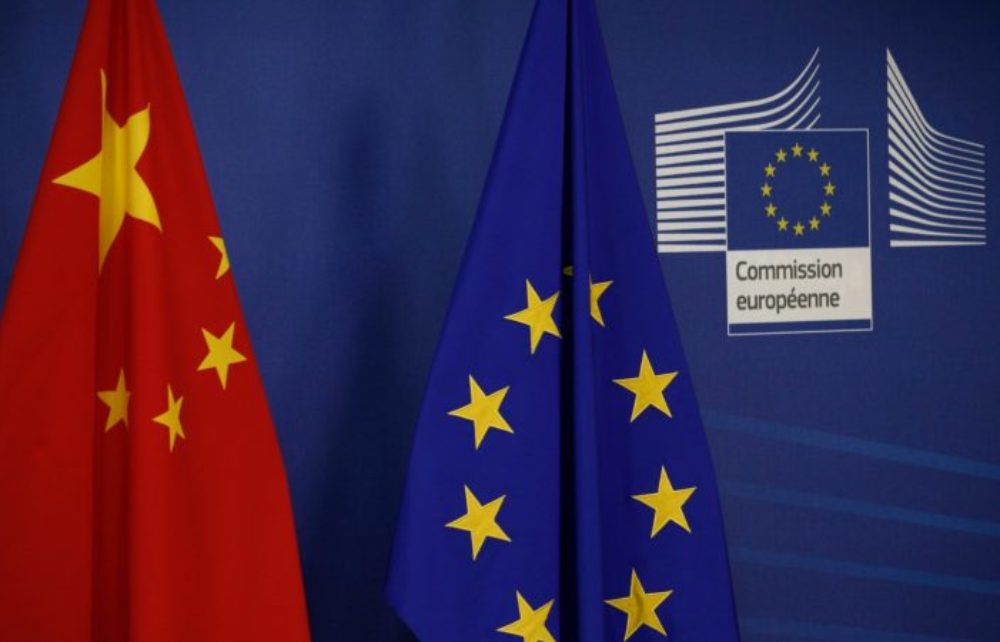New Chinese Communist Party goals of closer alignment between the State and private business are a cause of concern for the European Chamber of Commerce in China, that fears repercussions for foreign investors.
The General Office of the Central Committee of the Chinese Communist Party (the Party) promulgated in mid-September the “Opinions on Strengthening the United Front Work of the Private Economy in the New Era” (Opinions), heavily emphasising the need for closer alignment between the Party and private business on a wide range of issues.
According to the Chamber, the document comes after a late-2017 push for some foreign companies—mostly those in joint ventures (JVs) with Chinese state-owned enterprises (SOEs)—to establish/strengthen the role of the Party in their operations, and even in their decision-making processes and, “since the promulgation of the Opinions, the European business community has become concerned with the possible direct and indirect implications of the document and what they mean for predictability and business decision-making”.
Party Organisations (commonly referred to as ‘Party Cells’) are mandated by the Company Law, but the Opinions are now, according to the Chamber, “raising concerns within the foreign business community that the Party will push to establish or strengthen positions within the private sector. It remains unclear how foreign-invested companies might be affected”.
“In the short term, European Chamber members are concerned about the resurgence of efforts to establish and/or strengthen the role of the Chinese Communist Party in business decision-making, as they would be if any political party attempted to do the same. Any efforts to do so would have a considerable impact on business sentiment, and could lead foreign companies to reconsider future and even current investments in China”, it adds in a statement.
In the European Business in China Business Confidence Survey 2020, 43 per cent of respondents reported that the business environment had become more political compared to the previous year. “The Opinions will do little to convince the foreign business community that things have improved in this regard”, the Chamber adds.
“In the long-run, members worry that this will become a regular cycle in which every few years, the Party inches forward into the private sector”.
As many firms focus on B2B sales, the potential influence of the Party in their business could have a sizeable impact on them, driving private companies to incorporate more political calculus into their decisions, instead of just following market forces.
“The potential damage this could cause is considerable, and could drag down efforts by China’s vibrant private sector to further refine productivity and profitability, and even lead companies to reconsider who they partner with”, the Chamber adds.
The Opinions could also have an impact on Chinese private companies, according to the Chamber, namely due to calls for the development of a “backbone of private businesspeople that can be relied on at critical moments”.
“This will likely add to the voices of those in the US and the EU that assume all Chinese companies, not just SOEs, are heavily influenced by the Party. This would lead to a worsening of the situation for China’s private firms already under the spotlight. It could also raise questions over the many European companies acquired legitimately by Chinese private companies, and see European companies with Chinese partners being scrutinised more closely”, the statement adds.




